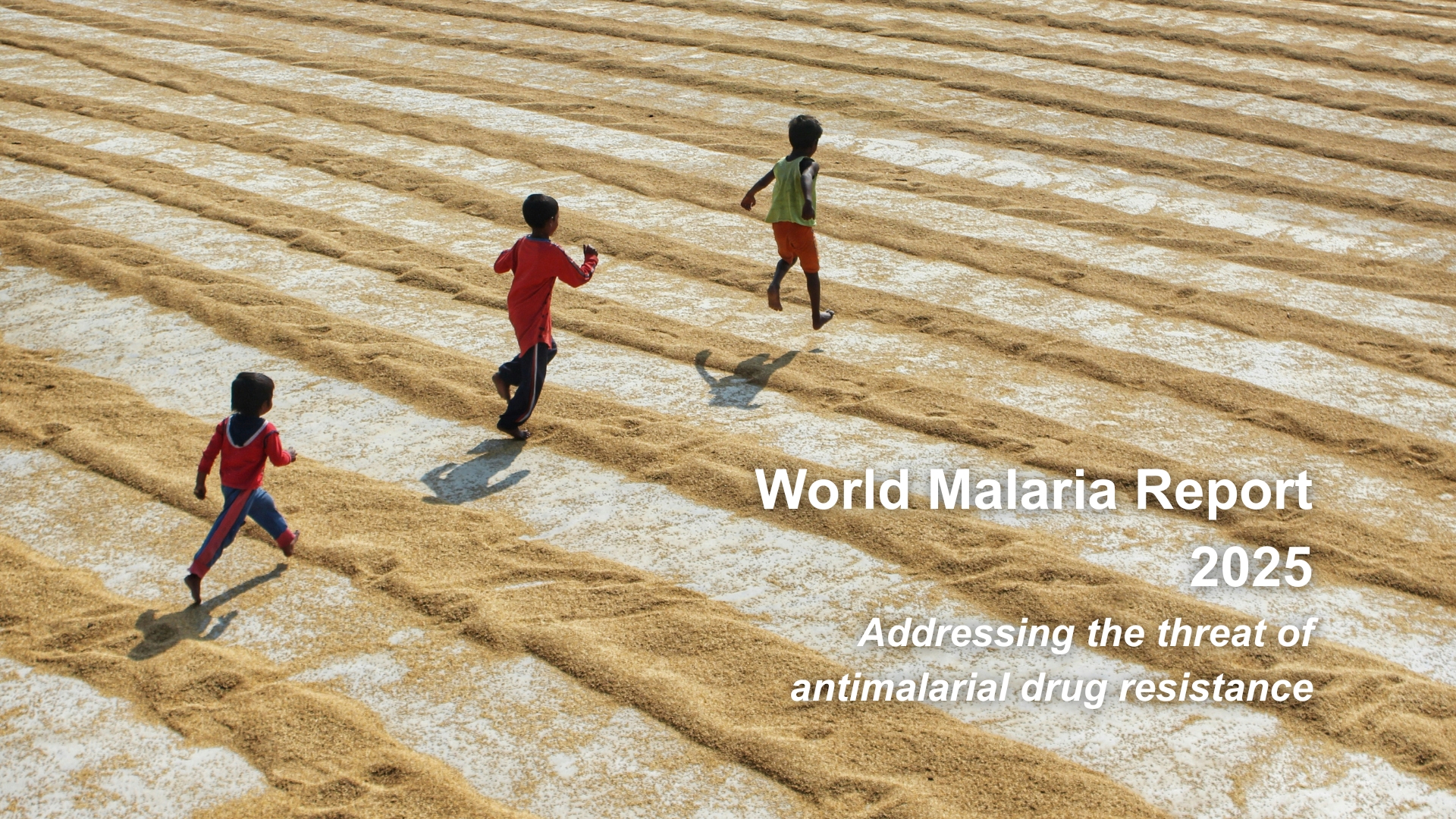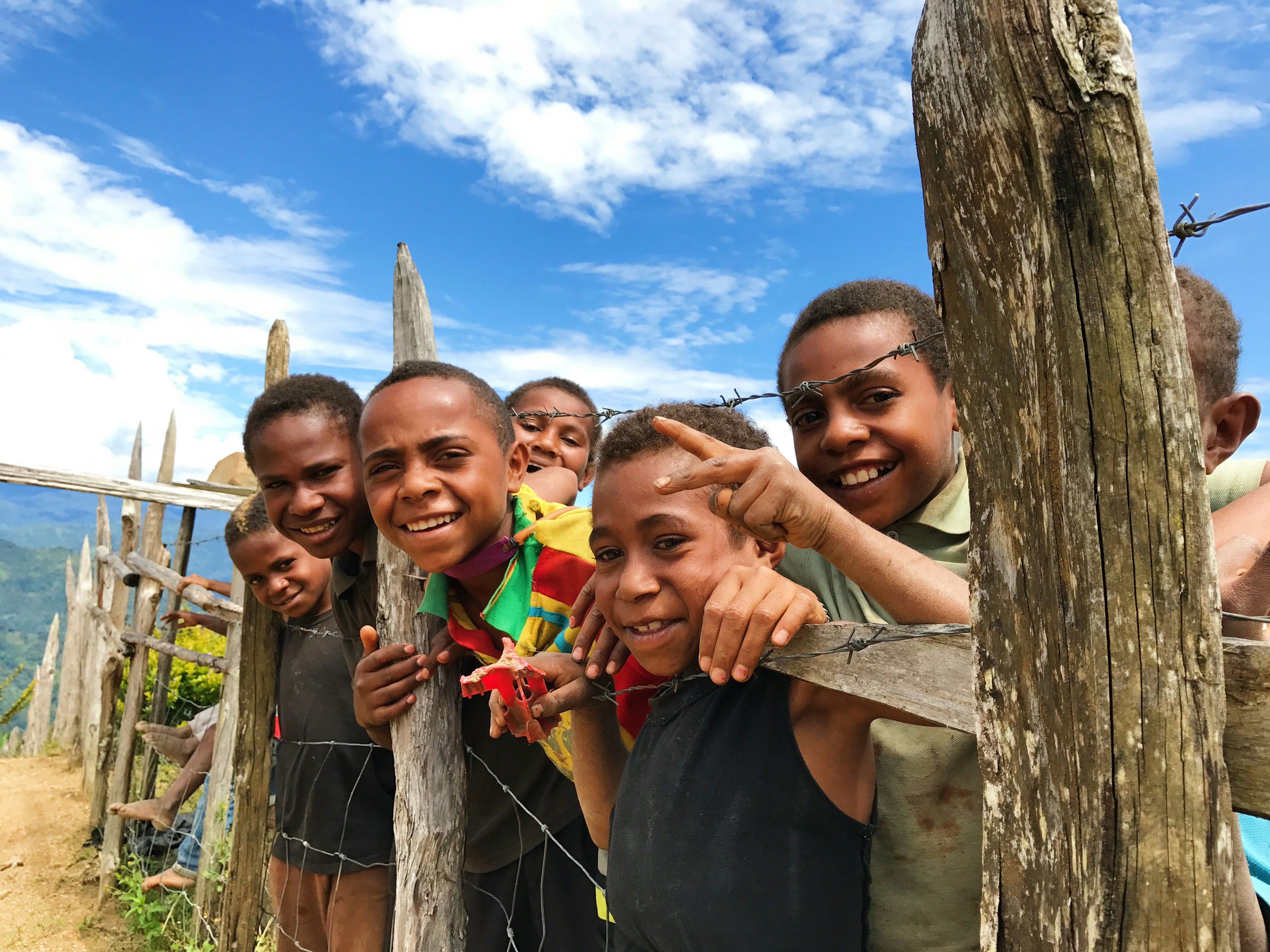
Welcoming all delegates to the second day of the 8th Asia Pacific Leaders’ Summit on Malaria Elimination in Port Moresby, Dr Saia Piukala, Regional Director for the World Health Organization (WHO) Western Pacific Regional Office, highlighted the WHO’s commitment to ending malaria through close engagement with government leaders, partners, and communities.
Given the diverse context of the Western Pacific region as well as the barriers to accessing health services in vulnerable populations, Dr Piukala called on all stakeholders to work together in continuing the important efforts towards malaria elimination. While impressive progress has been made, Dr Piukala highlighted that 90% of the Western Pacific region’s malaria burden was carried by Papua New Guinea and the Solomon Islands. As the first WHO Regional Director from the Pacific, Dr Piukala referenced the wide-spread culture and pride of weaving mats, and how together we can weave our skills and resources to create a strong mat of health.
With this commitment to unity and community engagement aligned with the Regional framework on Reaching the Unreached, Dr Piukala called for funding and focus on strategies to halt malaria transmission in high-burden regions in the short-term while strengthening health systems in the long-term to prevent re-establishment of malaria. Dr Piukala’s speech was well-received by the audience and set a strong tone of unity and commitment for the following sessions, leading to thoughtful discussions and an overall successful event.
Read the full speech by Dr Saia Piukala, RegionalDirector, WHO Western Pacific Regional Office on 7 June 2024 at the 8thAsia Pacific Leaders’ Summit on Malaria Elimination in Port Moresby, Papua NewGuinea (PNG):

Honourable James Marape, Prime Minister of Papua New Guinea;
Honourable Dr Lino Tom, Minister of Health of Papua New Guinea;
Honourable ministers from across Asia and the Pacific;
Dr Osborne Liko, Secretary of Health, National Department of Health, Papua New Guinea;
Dr Sarthak Das, CEO, Asia Pacific Leaders Malaria Alliance;
Distinguished representatives, valued partners:
Good morning.
I would like to start by extending my deepest condolences to the families and people of Papua New Guinea affected by the tragic landslide on 24 May. WHO remains committed to supporting the relief efforts and providing necessary assistance during this difficult time.
I would also like to extend my heartfelt condolences to the family of the recently passed, brilliant programme manager of malaria and vector-borne diseases, Mr Leo Makita. He worked in the field for the last 42 years and was dedicated to the fight against malaria in PNG.
Ladies and gentlemen, as the first WHO Regional Director from the Pacific, it is a great honour to be here in PNG alongside my Asia Pacific brothers and sisters as we reaffirm our commitment to malaria elimination in the Region.
The Western Pacific is a region of amazing diversity – from one of the world’s most populous countries to the smallest, from mega cities to remote coral atolls. We represent countries of vast contrasts in landmass,population, culture and economies. Yet, it’s striking how our health challenges are remarkably similar.
Since taking up the role of WHO Regional Director thisFebruary, I have had the great privilege of visiting 16 countries and areas. I have had meaningful discussions with leaders, health workers, partners and WHO staff, and I’ve done a lot of listening to understand their priorities and concerns.
In those conversations, it’s clear that we’ve made significant progress improving health in our Region over the past several decades. However, it’s also clear that we have a lot more work to do. Too many people still lack access to quality, affordable health care. There are worrying gaps in routine immunization coverage. The burden of non-communicable diseases continues to rise, populations are ageing, and tobacco and related industries persist in their manipulative tactics, hooking a new generation ontheir addictive and harmful products. The effects of climate change are increasingly threatening lives and livelihoods, and barriers persist in our efforts to reach the unreached and eliminate infectious diseases.
This is particularly true for Malaria. We have seen great progress but key challenges remain. Malaria is endemic in nine countries in the Western Pacific Region. Papua New Guinea and the Solomon Islands are two of the highest-burden countries, together accounting for over 90% of the Region’s total malaria cases.
Last year alone, PNG reported roughly 840,000 malaria cases, reflecting a 7% decrease from 2022. Conversely,the Solomon Islands reported over 120,000 cases last year, a 19% increase from 2022.
Other malaria-endemic countries in the Western Pacific include Vanuatu, the Philippines, Malaysia,the Republic of Korea and three countries of the Greater Mekong Subregion:Cambodia, Lao People’s Democratic Republic and Viet Nam.
These countries have made significant progress in the fight against malaria elimination. In the GreaterMekong for example, we’ve seen an impressive 70-80% reduction in cases over the past few years.
Additionally, China was certified by WHO as malaria-free in 2021, marking a major milestone for the country and the Region. These achievements are a testament to the tireless work of governments, partners, health workers and community members.
However, our work must continue.
Challenges persist, including identifying and rapidly responding to all cases, tackling vivax malaria, and addressing the persistent transmission of zoonotic malaria from monkeys to humans.
To tackle these challenges and the many others we face, one thing is abundantly clear: we must work together.
In many parts of Asia and the Pacific, families and communities come together to weave mats as part of our culture. Each member of the community contributes their part, and from those parts we make a whole woven mat – one that is strong, useful and a source of pride.
We must do the same with ourhealth priorities, bringing together our similarities and differences, ourskills, resources and experiences, and weave our mat of health together.
WHO is working closely with our Member States to identify and overcome malaria elimination challenges on the ground. We provide technical assistance, coordination, and capacity-building activities based on evidence-based norms, standards and technical guidelines.
Through our Regional framework on Reaching the Unreached, we are working alongside malaria endemic countries to reach the last mile of elimination by strengthening primary healthcare and community engagement.
In the short term, we need highly focused, well-funded strategies and to work together to implement these strategies proactively to halt malaria transmission in the last remaining hotspots.
In the longer term, the role of communities and strong local level primary health care systems is essential to successfully eliminating and preventing malaria’s re-establishment.
Distinguished representatives and friends, I am so glad to see you here at this week’s Summit. Each of us hasan important role to play in malaria elimination. I urge you to ensure that the decisions and inspiration that emerge from this meeting do not stay within these walls. Let us return home with renewed energy to end malaria.
I’d like to thank the Asia Pacific Leaders Malaria Alliance (APLMA) and the Government of Papua New Guinea for bringing us together for these important discussions.
Together, we can weave a future where no child, woman or man will fear the bite of a mosquito. A future where malaria is but a memory.
Thank you.
.svg)


.jpg)






